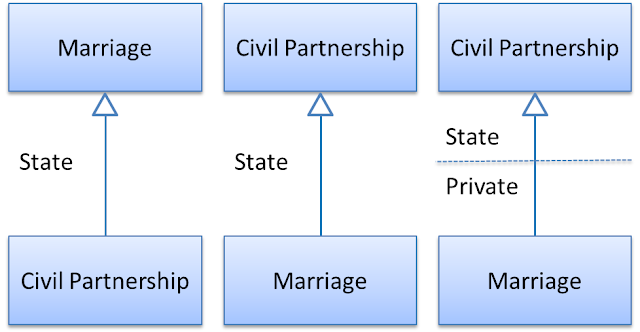You say Labour, I say
Libor. It’s hardly original, yet one feels the need to state this as another scandal that happened under the previous government.
Leveson, it is true, expanded to be so general as to catch everyone in its net, and the result has been people with only a passing interest instinctively blaming the current rather than previous administration. This you feel is the driving force behind the calls from Ed Miliband and Ed Balls for a “wide-ranging” judicial inquiry to cover all bankers’ activities. Any such investigation will allow the Labour party to bury its culpability amongst a slew of other unpleasant deeds; muck spread equally is to the detriment of no-one in particular.
If there needs to be a wider look at the way banks conduct their business, let this be separate to a focussed examination on one specific area of known wrong-doing. Let’s not distract ourselves from the 2008 conversation between the now former Barclays CEO, Bob Diamond, and the Bank of England deputy governor, Paul Tucker. Diamond makes it quite clear to Tucker that other banks were lying about the rates they would be charged for borrowing and asks him to relay this to the senior Whitehall figures he'd alluded to earlier. The deputy governor repeats a reference to the level of the Whitehall figures as “senior” and suggests the Barclays rate didn’t need to appear as high as it was.
In vagueness they are damned.
Diamond’s note doesn’t record an explicit request to “lie about Libor”, yet this appears to have been the inference subsequently made by the now former Barclays COO, Jerry del Missier. Ambiguity at this level springs from a knowledge that what is being asked for is wrong. What we need to know is who was asking? What we need to avoid is an attempt by the Labour party to bury the issue in a morass of endless and irrelevant detail.






